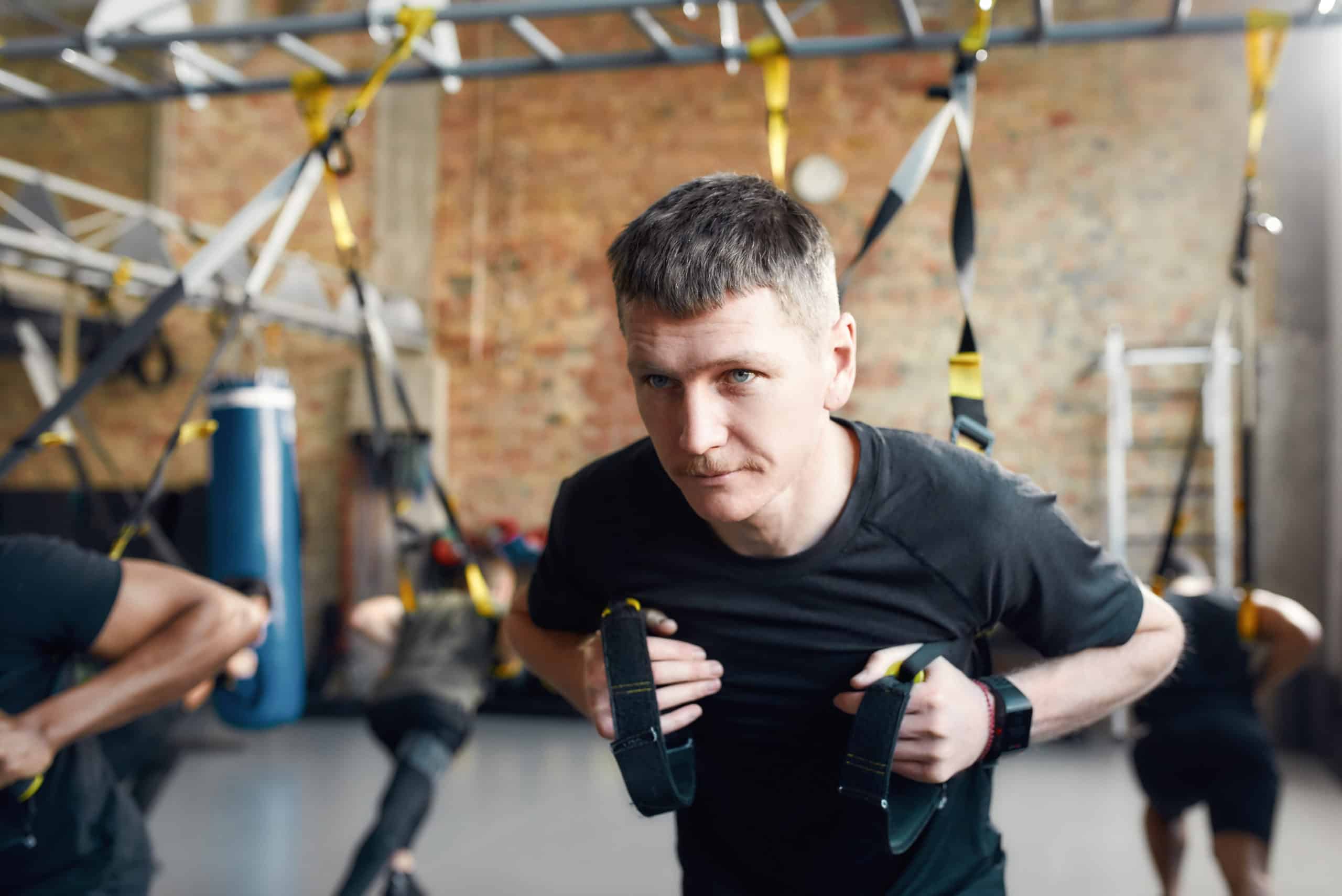
Physical Therapy for Vertigo and Dizziness
The sensation of feeling unsteady on your feet, lightheaded, or having the room spin around you can be unsettling or even confusing. You might not know what kind of doctor to visit to help diagnose such issues. In most cases, the above feelings are symptoms of another underlying problem, and while the cause may vary from low blood pressure to a head injury, a physical therapist can help find the underlying cause of either your vertigo or dizziness.
At Evolution, we can work with you to help discover the cause of your vertigo or dizziness, work on a comprehensive treatment plan, or even refer you for further testing when necessary.
What is Vertigo?
People with vertigo experience a sensation in which they feel they are physically moving or spinning, or the world is spinning or moving around them. Vertigo is a symptom of several conditions. It is not a disease or condition alone.
- Spinning – either the sufferer feels they are spinning or moving, or their surroundings appear to be spinning or moving
- Difficulty balancing
- Nausea and vomiting
- Loss of hearing – in one or both ears
- A full feeling in your ears
- Nystagmus – a condition where eyes move quickly back and forth outside of your control
- Headaches
- Motion sickness
What is Dizziness?
Dizziness is a symptom that you may experience with various conditions. Dizziness is a term to describe sensations like general unsteadiness, feeling lightheaded, and fogginess.
- Poor balance/feeling unsteady
- Floating sensation
- Feeling woozy
- Lightheadedness
- Vertigo (spinning sensation of you or your surroundings)
What is the Difference between Vertigo and Dizziness?
Vertigo is not the same as dizziness. Dizziness is a term to describe sensations like feeling unbalanced or unsteady, feeling lightheaded, and feeling foggy. Vertigo, on the other hand, is much less common than dizziness. Vertigo is characterized by a sensation of moving or spinning of you or your surroundings.
Can Physical Therapists treat Vertigo or Dizziness?
Since vertigo and dizziness are symptoms rather than conditions or diseases, your physical therapist will need to treat you based on the source of your symptoms. Fortunately, for those who suffer from dizziness and/or vertigo, there are many exercises and techniques physical therapists can employ to alleviate your issues.
What are Common Physical Therapy Treatments for Vertigo or Dizziness
While your physical therapist will tailor your treatment to the specific disease or condition that is causing you to suffer from dizziness or vertigo, there are several techniques that physical therapists use to manage these symptoms. Depending on the underlying cause of your vertigo or dizziness, your therapist may incorporate:
- Vestibular Rehabilitation Therapy (VRT) – a series of exercises to help you manage dizziness, vertigo, and unsteadiness.
- Canalith Repositioning – a minor noninvasive procedure in which your physical therapist gently moves the patient’s head and neck to break up blockages to the inner ear that may be causing dizziness or vertigo
- Epley Maneuver – a series of movements a patient can perform at home or under the supervision of a physical therapist to relieve vertigo
- Brandt-Daroff Exercises – used for patients with benign paroxysmal positional vertigo (BPPV) include exercises similar to the epley maneuver, which are meant to dislodge calcium carbonate crystals.
How Long Does Treatment Take?
Depending on your specific cause of vertigo or dizziness, these symptoms may go away over time or require consistent management and treatment. It is important to work with a licensed physical therapist to establish a solid base of physical therapy exercises to help you manage potential repeated episodes.
Preventing Vertigo and Dizziness
Prevention depends on the cause of your vertigo or dizziness. Some medications may cause you to experience these symptoms. Talk to your doctor if you think your medication may be causing you to experience these symptoms before changing your medications. You may also experience vertigo or dizziness after specific movements, such as roller coasters or prolonged car rides. Avoiding these activities may prevent bouts of vertigo or dizziness. As with almost any health concern or condition, ensuring you eat a healthy diet, get proper sleep, avoid highly stressful activities, and stay hydrated can help prevent these symptoms.
When to see a Physical Therapist for your Vertigo or Dizziness
If you are experiencing vertigo or dizziness or you’re just not sure what may be causing balance issues, your next step will be setting up an appointment with a licensed physical therapist. At Evolution Physical Therapy, we have locations in California, Colorado, Connecticut, and Long Island, with specialist PT providers that offer a range of physical therapy services and help to provide you with the treatment, education, and additional support you need on your road to recovery. Reach out to us today by calling us to set up an appointment at a location near you, or fill out our Request an Appointment form.
